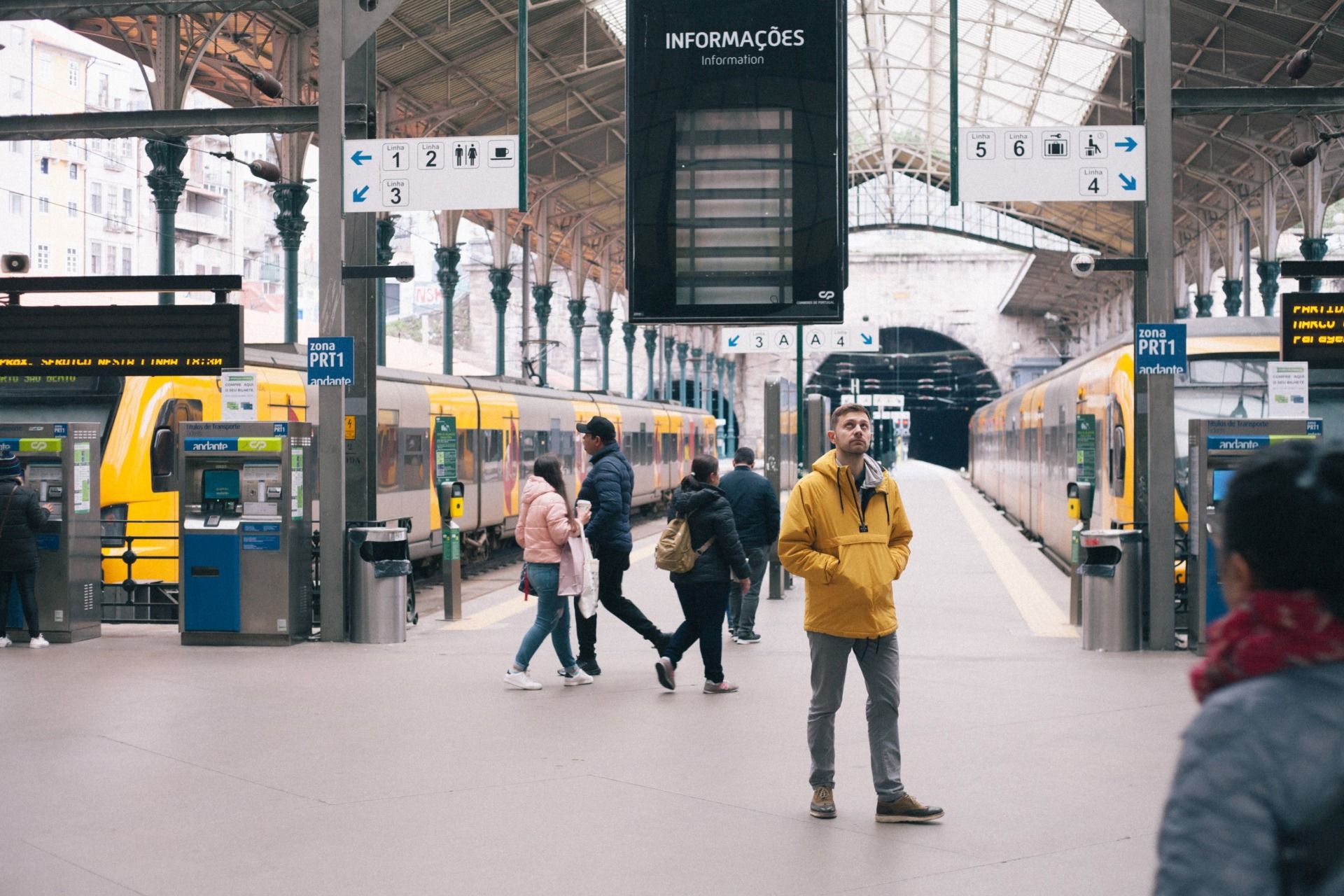Checklist for the organization of a sustainable congress
A congress is an event that generates large economic flows, of people, raw materials, and a large environmental footprint. With this it is necessary to turn the congress organization into a more sustainable and greener area, it is necessary to invest and develop actions in the three pillars of sustainability – the Social, the Environmental and the economic pillars.
We have created a checklist – divided into Accommodation and Venues, Programme and Participants, Food & Beverages, Secretariat and Branding, Exhibitions and Fairs, Logistics, Assembly and Dismantling – with ideas and proposals for a more sustainable congress, helping to reduce the ecological impact and increase the social and economic impact of the event.
Accommodation and Venues
- Conscious choice of the destination, prioritizing sustainable and safe cities and communities for the congress organisation;
- Offer shuttles, public transport network or even individual transport, such as bicycles, for participants to replace the use of individual and exclusive transport;
- Favour, when choosing accommodation and venues for the congresses, the use of renewable energies, control of water use, intelligent systems for managing building equipment and thermal efficiency and that promote natural lighting.
Programme and Participants:
- Consideration of the use of videoconferencing for guest speakers and presenters who would need to make very long journeys as a way of reducing emissions;

- Select entertainment and activities that involve the local community and its culture;
- Creation of social action activities that have a sense of give and take and of community with the surrounding social environment;
- Create opportunities for participants to exercise and become aware of health care during the event, like energizers during a congress.
Subscribe and get the free Ebook
Guide for event planning
Food & beverages:
- Eliminate plastic water bottles by replacing them with water machines with biodegradable cups or even reusable bottles, and distribute it throughout the public space;
- Offer buffet menus that avoid packed and individual meals;
- Use of reusable kitchen utensils with the aim of eliminating all types of disposable cups, containers, cutlery and straws;
- Menu design taking into account the concept of “from farm to table”, consisting of local, seasonal and/or biological products;
- When choosing fish dishes, have in mind partners with sustainable production and/or fishing choices;
- When choosing meat dishes, prioritise the consumption of white meat instead of red meat;
- Considerate at least one vegetarian meal for all participants during the event;
- Donate the food and meals that were not consumed during the event to solidarity institutions.
Secretariat and Branding:
- Reduction in the use of paper, giving preference to virtual and online contact, by email and by the event app to get all the necessary information to the participant;
- If the use of printed material is necessary take into account the use of TCF paper or recycled paper in energy certified printers;
- Online platform accreditation;
- Constant search for more sustainable and innovative solutions to replace the traditional paper participation badge with a non-reusable plastic cover;
- Giving preference to signage and branding in digital media;
- Reuse of signage and branding whenever possible, starting with the exclusion of dates from these supports when dealing with periodic events;
- Choice and selection of employees taking into account the values of equality and equity of gender, ethnicity and accessibility.

Exhibitions and fairs, logistics, assembly and dismantling:
- Provision of recycling stations for rigorous separation of the waste generated with direct coordination with Lipor;
- Assembly of the exhibition area with reusable materials and structures;
- Advice to reduce the use of paper and the choice of sustainable gifts by exhibitors.

Ana Maria Machado
With an academic background in marketing and a degree in Art History, Ana has been working in MICE since 2017, mainly in incentive travel and corporate meetings.









